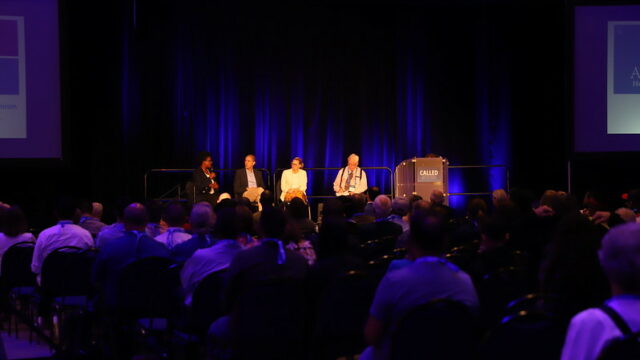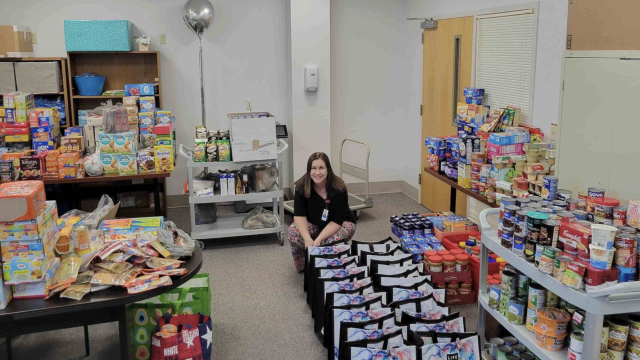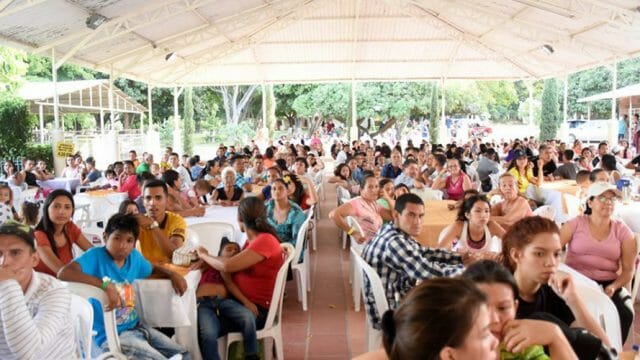I am in love with a young man from a different country, of a different race, and with many different traditions than mine. […]

I am in love with a young man from a different country, of a different race, and with many different traditions than mine. And he is in love with me. We are both of the same faith, and we are passionate about doing ministry for God. My parents, as well as many of my relatives and friends, have been trying to discourage me from moving forward with this relationship. He is experiencing the same on his side. We have been praying about our relationship, and we believe God is telling us to go forward in marriage. Nevertheless, we would appreciate your counsel and direction as we decide how to proceed. We don’t want to hurt our families and friends; but most of all, we want to honor God.
Thank you for your thoughtful question, and your desire to do God’s will. That should be the overriding desire of every genuine Christian, especially when it comes to choosing a life partner.
Marriage is a serious step that should not be taken without much prayer, consultation, and rigorous premarital education. To be sure, one of the biggest challenges in marriage is managing differences. Of course, some differences are more challenging than others, with religious affiliation being one of the most difficult to manage, given that people make decisions based on their values, and values are invariably based on a person’s beliefs about God.
The more two people have in common, the easier it will be to manage challenges in their marriage. The opposite is also true. The more differences people have between them, the more difficult it will be to negotiate the challenges for a successful relationship. Yet, nowhere in the Bible is marriage between a man and a woman forbidden solely because they are from a different country or a different race.
One of the biggest challenges in marriage is managing differences.
In fact, one of the few times in Scripture where an interacial marriage is referenced is Numbers 12:1-10, when Miriam and Aaron, Moses’ sister and brother, spoke against him because he had married an Ethiopian woman. God was so displeased with their behavior that Miriam got leprosy as a sign of God’s displeasure.
Given that the Bible does not prohibit interacial marriage, we dare not say otherwise. However, we believe it does not make for good family relations to marry someone of whom your parents and friends disapprove. The Bible states, “Where there is no counsel, the people fall; but in the multitude of counselors there is safety” (Prov. 11:14).
Since you and your boyfriend find yourselves in this situation, you will need to prayerfully consider whether this marriage is what God really wants for you, or if your relatives and friends are raising issues you should not ignore. Even if you perceive these attitudes as racist, if getting married means you will both be alienated from your families and friends, this may not be the best decision for the viability of your marriage.
Please know that we are praying for you as you trust God to lead you to the best decision for your future emotional health and happiness.
Willie Oliver, PhD, CFLE, an ordained minister, pastoral counselor, and family sociologist, is director for the Department of Family Ministries at the world headquarters of the Seventh-day Adventist Church.
Elaine Oliver, MA, LGPC, CFLE, an educator and counseling psychologist, is associate director for the Department of Family Ministries. You may communicate with them at Family.Adventist.org or HopeTV.org/RealFamilyTalk.








